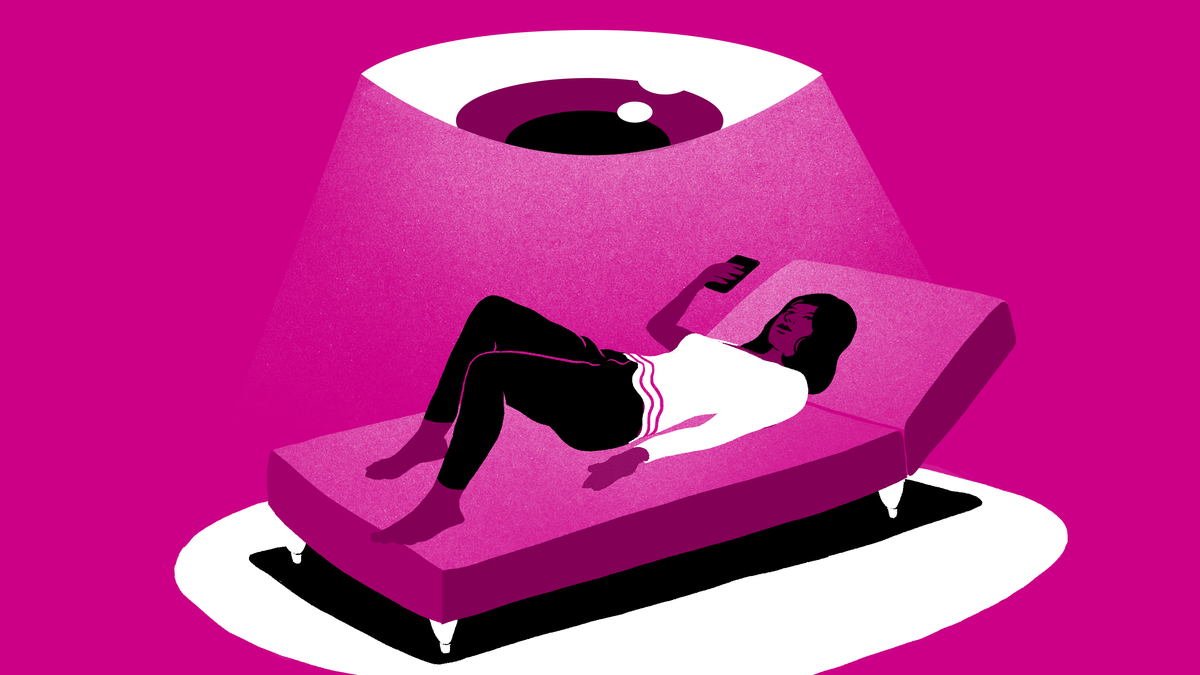Sublime
An inspiration engine for ideas
A century ago Europeans took it for granted that some races—most notably the white race—were inherently superior to others. After 1945 such views increasingly became anathema. Racism was seen not only as morally abysmal but also as scientifically bankrupt. Life scientists, and in particular geneticists, have produced very strong scientific evidence
... See moreYuval Noah Harari • 21 Lessons for the 21st Century
Starting in the 1960s, the social and legal institutions of America were remade to try to eliminate unfair choices by people in positions of responsibility. The new legal structures reflected a deep distrust of human authority in even its more benign forms—a teacher’s authority in the classroom, or a manager’s judgments about who’s doing the job, o
... See morePhilip K. Howard • Everyday Freedom: Designing the Framework for a Flourishing Society

With at least one in four American women and one in seven American men today receiving psychoactive drugs by prescription,
Stuart A. Kirk • Mad Science: Psychiatric Coercion, Diagnosis, and Drugs: 0
These liberal, egalitarian approaches sought and seek to equalize opportunities by criminalizing discrimination, remedying disenfranchisement, and defeating bigotry by making prejudice on the grounds of immutable characteristics socially unacceptable. They thus provide an achievable goal for the well-meaning liberal individual: treat people equally
... See moreHelen Pluckrose • Cynical Theories: How Activist Scholarship Made Everything about Race, Gender, and Identity—and Why This Harms Everybody
if this is true, then it would explain why extreme partisans are so stubborn, closed-minded, and committed to beliefs that often seem bizarre or paranoid. Like rats that cannot stop pressing a button, partisans may be simply unable to stop believing weird things. The partisan brain has been reinforced so many times for performing mental contortions
... See moreJonathan Haidt • The Righteous Mind: Why Good People Are Divided by Politics and Religion
In 2002, George W. Bush signed into law the No Child Left Behind Act, which massively increased standardized testing across the U.S. In the four years that followed, diagnoses of severe attention problems in children rose by 22 percent.
Johann Hari • Stolen Focus: Why You Can't Pay Attention--and How to Think Deeply Again
Two Professors Found What Creates a Mass Shooter. Will Politicians Pay Attention?
Melanie Warnerpolitico.com